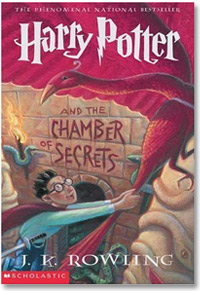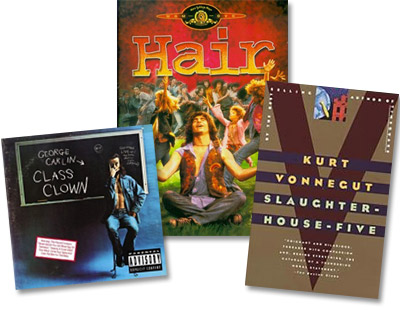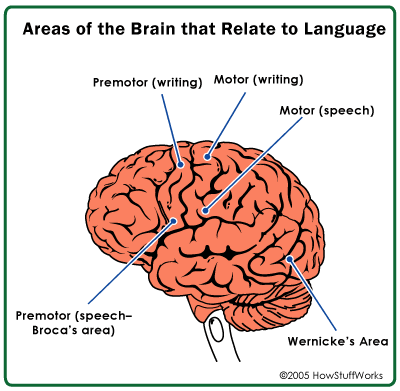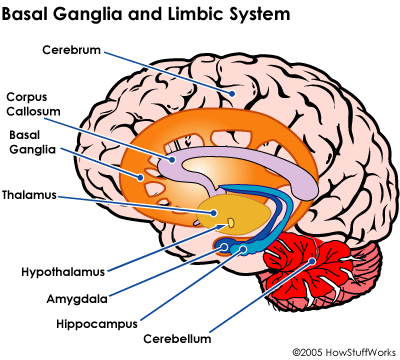
According to the "Hitchhiker's Guide to the Galaxy," the most offensive word in the universe is "Belgium." The"Firefly" universe, on the other hand, uses invented swears and Chinese curses.
We all know what "bad words" are. Unlike most other language rules, we learn about swearwords and how to use them without any real study or classroom instruction. Even very young children know which words are naughty, although they don't always know exactly what those words mean.
But swearwords aren't quite as simple as they seem. They're paradoxical -- saying them is taboo in nearly every culture, but instead of avoiding them as with other taboos, people use them. Most associate swearing with being angry or frustrated, but people swear for a number of reasons and in a variety of situations. Swearing also serves multiple purposes in social interactions. Not only that, your brain treats swear words differently than it treats other words.
Most research on swearing printed in English discusses swearing in English. Although every culture has its own swearwords, the statistics in this article primarily come from research involving English-speaking people in the United States and Great Britain. Research related to swearing and the brain, however, should apply to speakers of any language.
People learning a new language often learn its swearwords first or learn and use swearwords from a variety of languages. Anyone who learns through immersion rather than in a classroom tends to use more swearwords and colloquialisms. People who speak more than one language often use swearwords from different languages, but feel that the words from their primary language have the most emotional impact. For this reason, some multilingual speakers will switch to a second language to express taboo subjects.
In this article, we'll explore what makes words into swearwords, why most Americans use them and how society responds to swearing. We'll also look at one of its most fascinating aspects -- the way it affects your brain.
Virtually every language in every culture in the world has its own unique swearwords. Even different dialects of the same language can have different expletives. The very first languages probably included swearwords, but since writing evolved after speaking did, there's no record of who said the first swearword or what that word was. Because of the taboos surrounding it, written language histories also include few records of the origins of swearing. Even today, many dictionaries don't include profanity, and comparatively few studies have examined swearing.
Most researchers agree that swearing came from early forms of word magic. Studies of modern, non-literate cultures suggest that swearwords came from the belief that spoken words have power. Some cultures, especially ones that have not developed a written language, believe that spoken words can curse or bless people or can otherwise affect the world. This leads to the idea that some words are either very good or very bad.
While spoken swearwords from different languages don't sound alike, they generally fall into one of two categories. Most of the time, they are either deistic (related to religion) or visceral (related to the human body and its functions). Some expletives also relate to a person's ancestry or parentage. While some linguists classify racial slurs and epithets as swearwords, others place them in a separate category. So the words themselves are similar, but in different cultures people swear at different times and in different contexts.

By the second book in the series, the world of Harry Potter had its own racial epithet -- "mudblood," a repugnant word for wizards of non-magical parentage.
In the Western, English-speaking world, people from every race, class and level of education swear. In America, 72 percent of men and 58 percent of women swear in public. The same is true for 74 percent of 18 to 34 year olds and 48 percent of people who are over age 55 [ ref]. Numerous language researchers report that men swear more than women, but studies that focus on women's use of language theorize that women's swearing is simply more context specific.
So why do so many people swear? We'll look at how swearing works in relationships and social interactions next.
Advertisement





